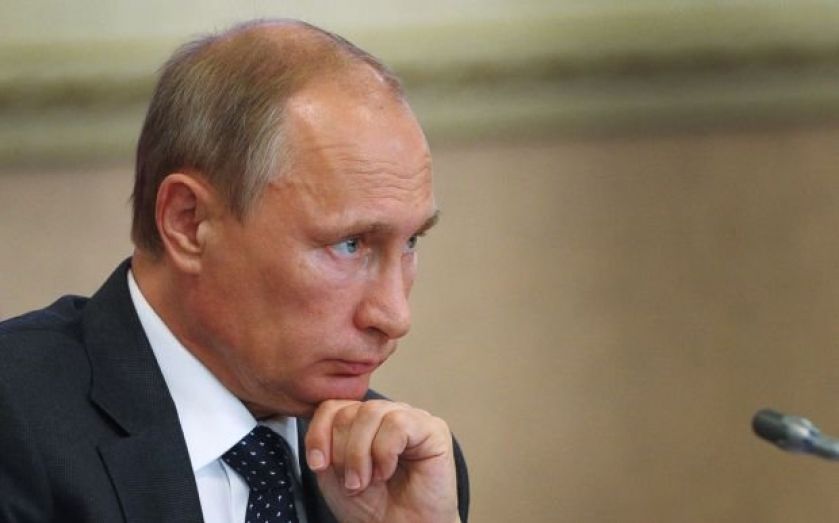| Updated:
Russia’s food ban sanctions against EU farmers threaten Eurozone

Sanctions slapped on EU farmers by the Russian government could help to push Eurozone inflation even lower, potentially forcing price growth into negative territory.
Inflation in the euro area is already running at just 0.4 per cent, where even a small drop could push the region into deflation. Economists fear the single currency could tumble into a deflationary spiral, threatening the bloc’s economic recovery.
In the latest round of tit-for-tat sanctions between Moscow and western governments, President Vladimir Putin yesterday approved import bans on dairy, vegetable, fruit, meat and fish products from the EU, US and other markets. The move is likely to hit European farmers hardest, as the continent has closer agricultural trade links to Russia.
Economists believe the move may cause upward pressure on Russian prices. Citibank said the drop in the supply of food could push up Russia’s consumer price index by about 1.9 percentage points.
But other analysts noted the potential for the opposite reaction in Europe – where a surplus of food produced for export to Russia could reduce prices.
“It’s another potential downward pressure on prices. Food has quite a high weighting in the inflation index – small changes can have quite an effect.” said Ken Wattret, a leading economist at BNP Paribas. “About 10 per cent of your agricultural exports is not a small chunk to find other buyers, particularly for perishable goods,” added Raoul Ruparel, head of economic research at Open Europe.
“If Russia and its surrounding neighbours aren’t buying, it’s unlikely there’ll be easy to replace – there could be some glut that pulls down prices slightly”.
The European Central Bank (ECB) yesterday chose to take no further action, despite inflation which is far below the institution’s own target for two per cent inflation. ECB chief Mario Draghi noted that the “heightened geopolitical risks” that the Eurozone faces.
Draghi added that recent data on the Eurozone’s economic recovery had been mixed at best, and could be reduced by shocks from the Russian government.
Despite the threat, the ECB appears to be waiting to see the effect of the Bank’s new targeted long-term refinancing operations (TLTROs), a funding scheme for banks, before taking any further action.